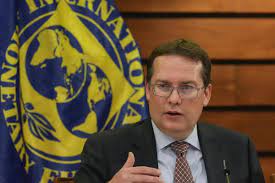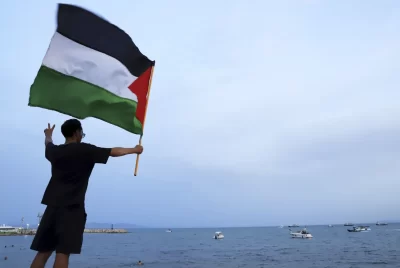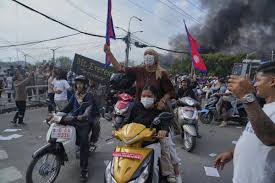
Sri Lanka has so far failed to make enough progress in boosting tax collection and other economic reforms for the International Monetary Fund to release a second tranche of $330 million in the country’s $2.9 billion bailout from bankruptcy, the IMF said.
An IMF team led by Peter Breuer and Katsiaryna Svirydzenka concluded a visit to the island Tuesday and said in a statement that discussions would continue an agreement on how to keep up the momentum of reforms, and to unlock the second installment of funding that was due at the end of this month.
“Despite early signs of stabilization, full economic recovery is not yet assured,” the statement said, adding that the country’s accumulation of reserves has slowed due to lower-than-projected gains in the collection of taxes.
“To increase revenues and signal better governance, it is important to strengthen tax administration, remove tax exemptions, and actively eliminate tax evasion,” the statement said.
Sri Lanka plunged into its worst economic crisis last year, suffering severe shortages and drawing strident protests that led to the ouster of then-President Gotabaya Rajapaksa. It declared bankruptcy in April 2022 with more than $83 billion in debt — more than half of it to foreign creditors.
Over the past year, Sri Lanka’s severe shortages of essentials like food, fuel and medicine have largely abated, and authorities have restored a continuous power supply.
But there has been growing public dissatisfaction with the government’s efforts to increase revenue collection by raising electricity bills and imposing heavy new income taxes on professionals and businesses.
Still, those tax collection efforts have fallen short of levels that that IMF would like to see. Without more revenue gains, the government’s ability to provide essential public services will further erode, the IMF said in its statement.
W.A. Wijewardena, an economic analyst and former deputy governor of Sri Lanka’s central bank, said this week’s failure to reach an agreement with the IMF cannot yet be called a setback for the government, but that it will be difficult for it to raise more revenue while looking for additional ways to cut expenditures.
Many professionals in Sri Lanka are demanding a reduction in income taxes, and some have left the country over the issue.




